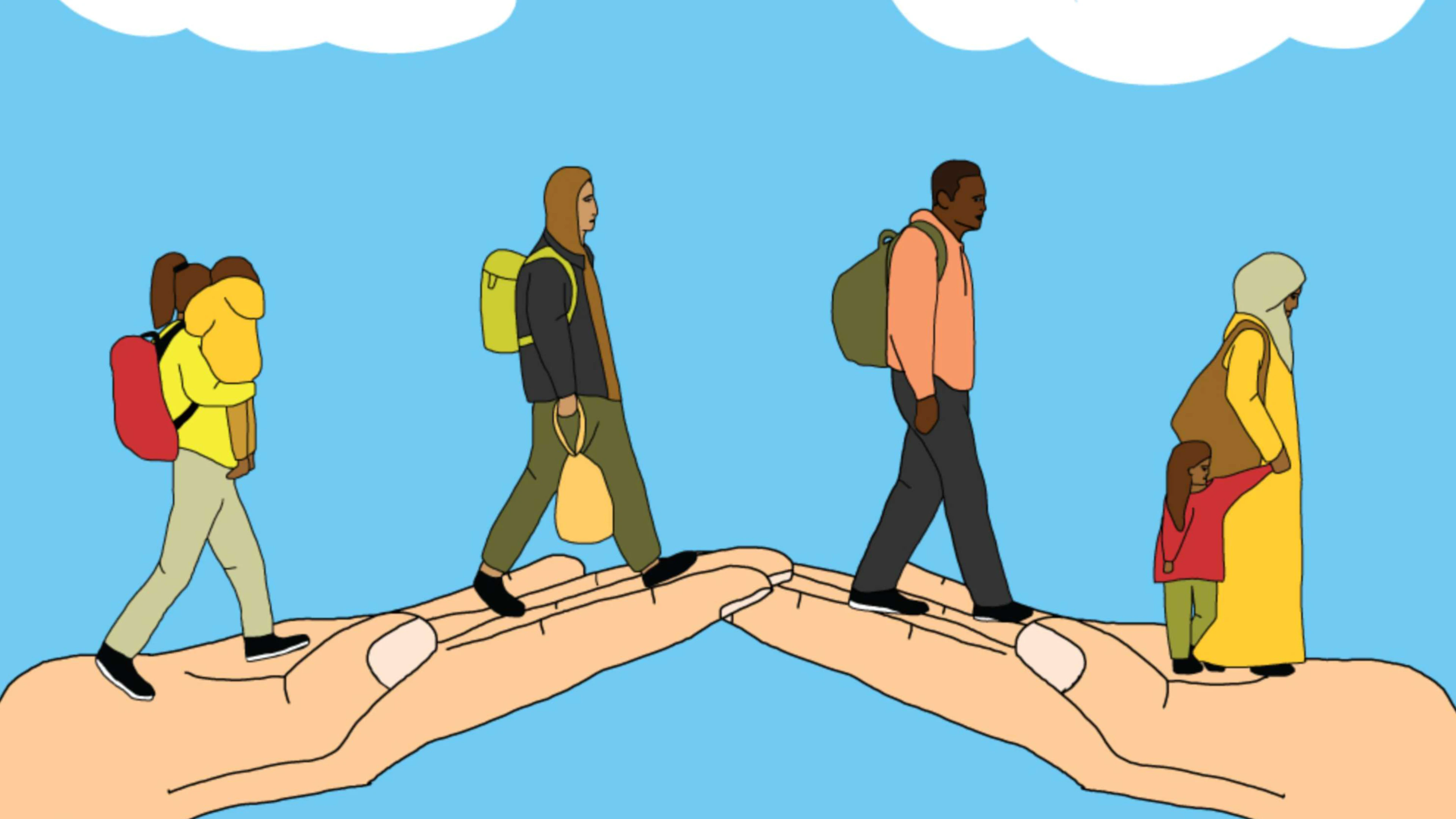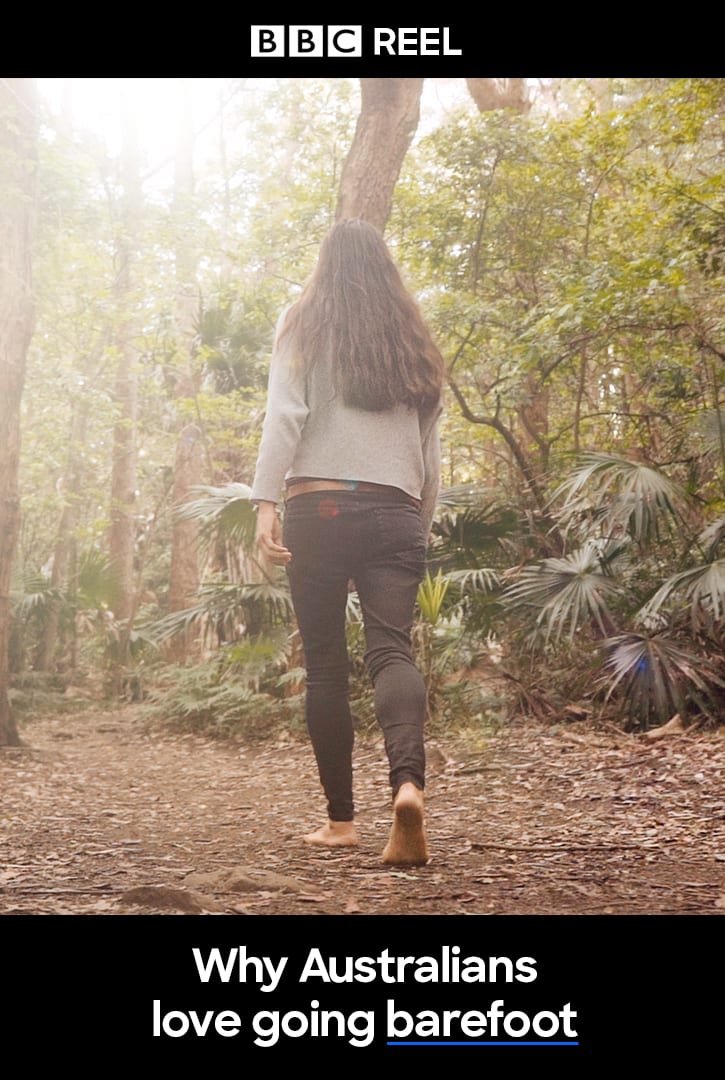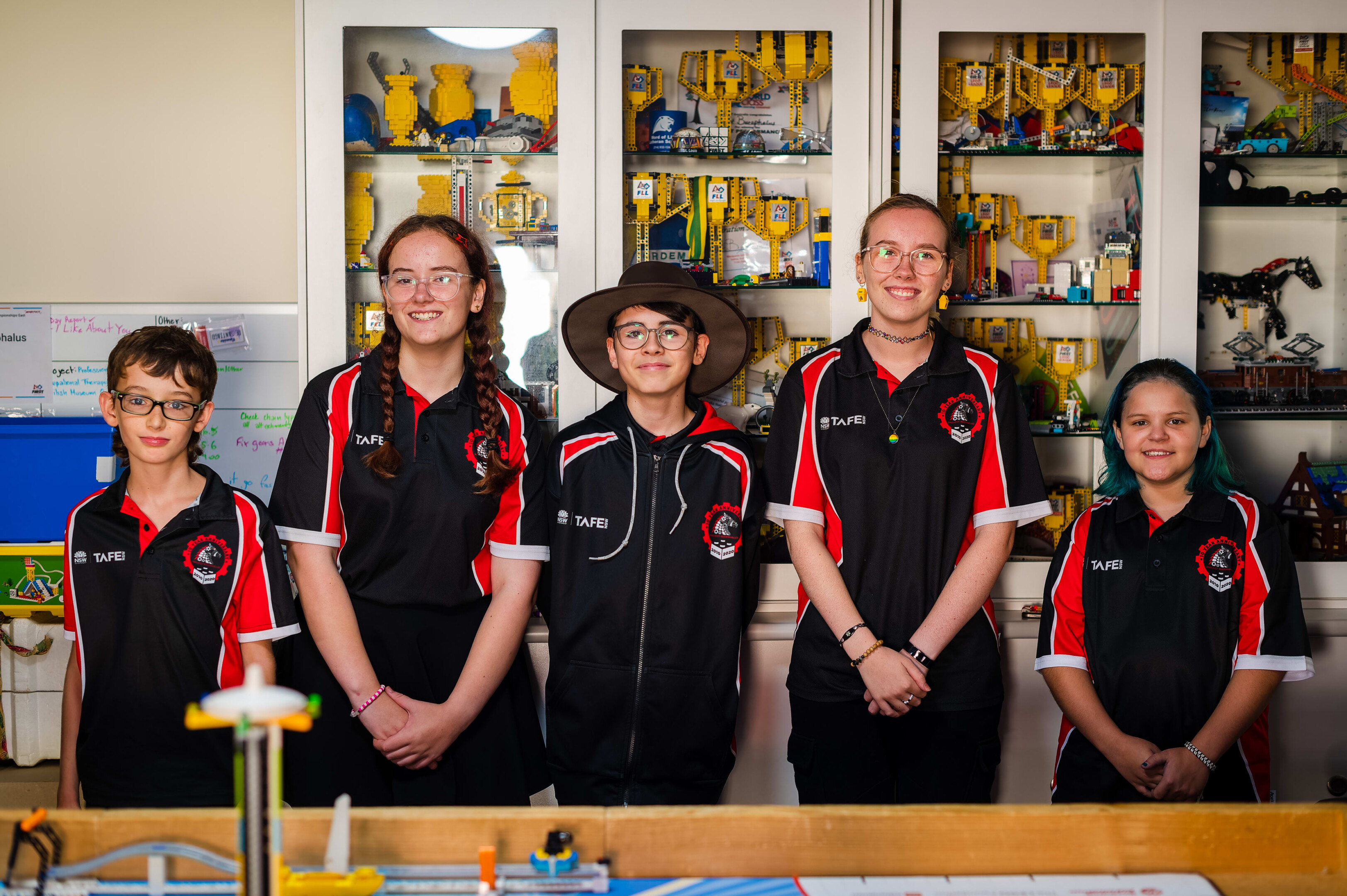20th April, 2024

No matter how independent you think you are, it’s a known and proven fact that people need other people. We are pack animals. In a time where genuine human connection is becoming more and more elusive, we’re inevitably struggling with cultivating empathy. That’s not to say that we don’t have empathy for each other. But the more alone we are, the less practice we have, shifting perspectives and tying the laces with care when we put ourselves in the shoes of others.
It’s really easy to fall victim to the idea that we all live the same experiences. Obviously, within logic, we know that’s not true. But we’re taught to understand others through our own experiences. Finding common ground is seen as the central element in understanding each other. I think on some level, sure, we have universal experiences, but everything is different depending on your personal context. So you absolutely can experience the same event as your neighbour and walk away, having perceived and processed it in opposite ways.
In this way,’ having things in common’ is not central to forming fulfilling and positive interactions and relationships with the people around you. I raise the idea that common ground isn’t necessary for understanding. Maybe you don’t need to experience what someone else has undergone to create even a momentary human connection with them. Perhaps you just need to accept the differences between you and appreciate them.
I was sitting in the middle row of a lecture hall in my first ever journalism class last year. I showed up early because I wasn’t sure about which classroom I was meant to be in. I was allowing time for being lost that I didn’t need because everyone had the same idea. I just followed the swarm of first-years following the one person in the crowd who knew her way around. We come in, sit down, and immediately turn to the person beside us, intending to make friends. A very pre-covid human experience, I must say.
By the time the tutor walked in and started teaching, I’d already made friends with the guy next to me – we’d bonded over having the same kind of phone. We’d automatically searched for common ground. We sought out some path of seeing ourselves in the other.
My tutor said something that’s stuck with me in every interaction I’ve had since that class. He said, “always approach every interaction carrying the assumption that this person knows something that you do not”. He was talking in the context of gathering interviews for news stories, but it’s excellent advice in any sense. You have to keep in mind that you don’t even know what you don’t know. Conversations with people who you don’t have anything in common with can be so unexpected and life-changing. You can’t live and grow in a bubble of people who agree with everything you say.
I am someone who’s made a habit of immediate judgement. It’s something I’m working on, but I often find that when I meet a new person, I take my first impression of them and stick by it. I make my judgements quick and hard, with minimal foundation. But more and more, I try to leave conscious room for reconsideration. I welcome people to change my mind about them, I can re-adjust my perspective as I learn more, and that’s a really resourceful skill to have.
“Always approach every interaction carrying the assumption that this person knows something that you do not”
UOW Journalism Professor
Nobody is the same all the time, and as my Dad reminds me quite often, everyone has their own story. There’s always something I don’t know. That bully at school might have had a hard time at home, you can’t take everything personally, because often – it’s just so NOT personal. Everyone goes into interactions with their own set of events, thoughts and feelings that have shaped them. If I don’t give them a chance, I never get that context, and I unfairly minimise or judge their character based on my own set of events, thoughts and feelings.
In January, I moved back into university accommodation in Wollongong. To my surprise and dismay, I was roomed with someone who I lived with the year previous. Last year I didn’t have a good experience living with this person. I thought of them in a really negative light, and the discomfort that stemmed from our quiet conflict made the unit a pretty hostile environment to live in.
While I was annoyed about being roomed with them again, I wasn’t willing to tolerate the same negative energy in the unit this year. So I decided to reconsider my judgment of that person. He probably had things going on in his life that he was struggling with. I accepted that I didn’t know his perspective and therefore couldn’t reasonably place judgment. One morning, I simply apologised – I told him that there were no harsh feelings anymore, that we could start on a clean slate. He said the same, and now we’re friends. We help each other clean up, have good conversations and feel okay to ask favours of each other. When I was sick, he left a packet of camomile on the kitchen bench for me because he heard me coughing.
I’m not saying you should always be nice to everyone. There definitely should be a limit to the number of chances you’ll give someone, but holding that space for acceptance and optimistic doubt is so important. Putting your ego aside and recognising that you don’t know everything about everyone can be very rewarding. You can learn so much from people who you don’t immediately understand. I know we all have that friend who we didn’t like at first.
In terms of giving second chances… ultimately, people change. They do. They change all the time. But they probably won’t change on your timeline and according to your preferences. They shouldn’t. It’s their life, not yours, but you kill chances for connection when you place and hold onto un-examined judgement.
All that said, it goes the other way too. You might be really sensitive and carry a need or desire to be liked by others. As i said before, we are herd animals, and we do need other people. Try to remember that not everyone knows your story, either. They don’t know where you’re coming from. They don’t know your life from your perspective, and you always have the opportunity to teach them and be taught by them. You have to be comfortable with vulnerability within yourself to be receptive and accepting when receiving it from others.
In any interaction, you have the opportunity to gather more knowledge, utilise each other’s experiences, and become more fulfilled, well-rounded and empathetic people. That philosophy can only do the world of good in our personal lives and in the context of communities as a whole.
Credits
Featured Artwork: Build Bridges Not Walls by Olivia Domingos






